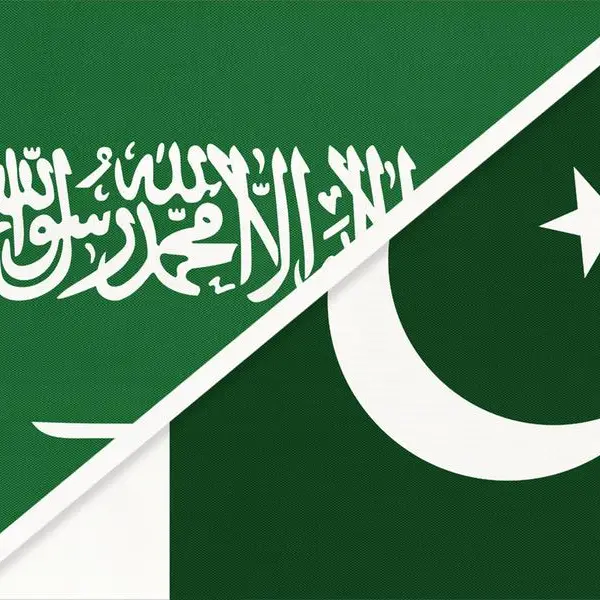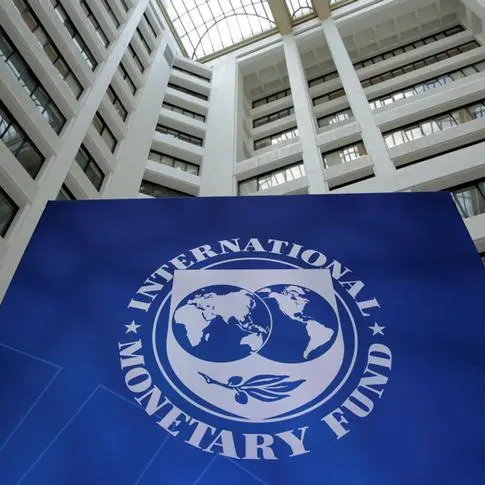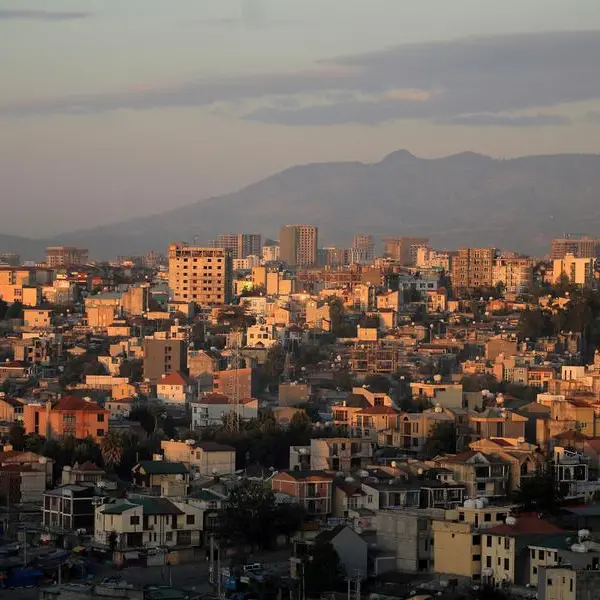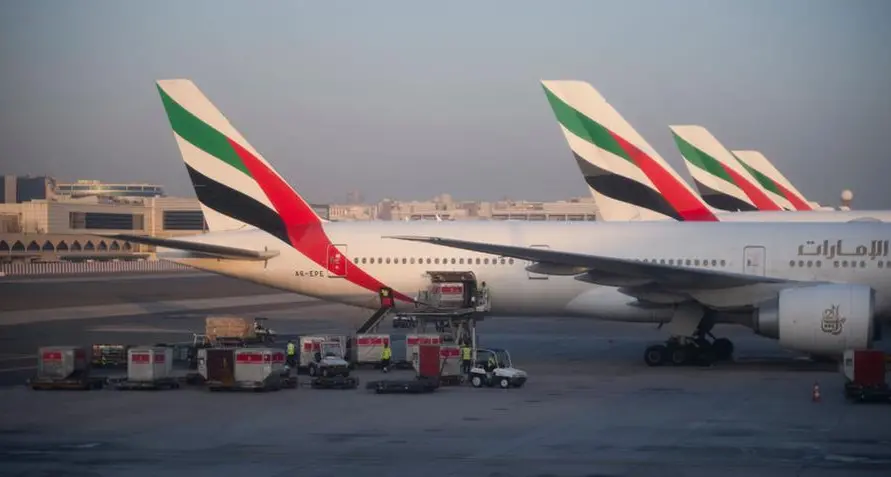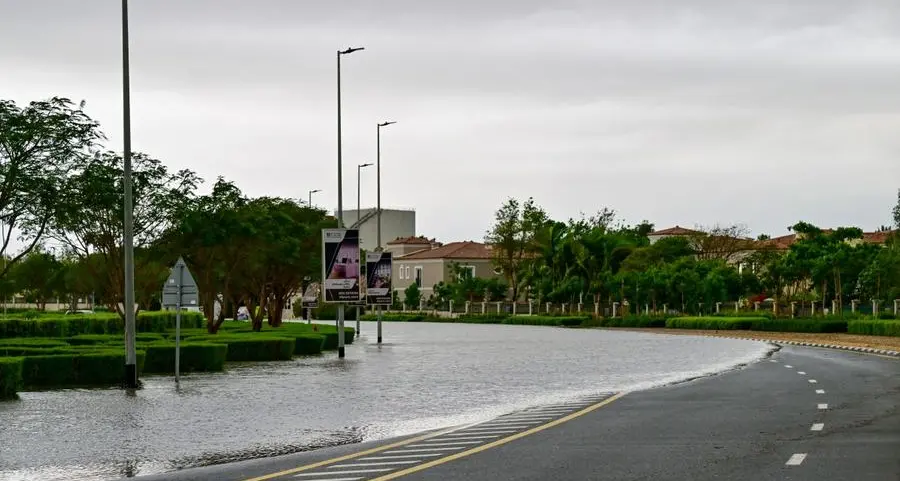DUBAI- South Sudan will run a balanced budget this year and its economy will rebound as oil production rises and a peace deal progresses, the country's finance minister said on Wednesday
The oil-dependent economy, ruined since civil war broke out six years ago, shrank 1.5 percent in 2018. The country relied on international donors to fill its budget deficit and spending was largely unrestrained.
This year, gross domestic product is expected to grow by 3 to 3.5 percent, Salvatore Garang Mabiordit told Reuters in an interview in Dubai.
An increase in oil production will allow for a balanced budget, Mabiordit said, and a peace agreement between the government and the main rebel group should encourage investment.
The country's budget is based on an oil price of $55 a barrel, lower than the $72 a barrel where it trades.
"We can maintain GDP growth as long as there is peace," Mabiordit said.
A unity government is due to be set up next month under a 2018 peace agreement. But former rebel leader Riek Machar told Reuters in Rome the government would not be set up by the deadline and at least six more months were needed.
Key milestones, such as disarmament, have not been met. The government, which has been criticised for widespread corruption by investigative groups like Global Witness and Sentry, said it did not have money to fund the integration of the two sides.
More than 400,000 people died in the civil war, which uprooted around a third of the country's 12 million people population and plunged parts of the country into famine. The fighting was marked by ethnic violence, the forced recruitment of child soldiers and systemic and brutal gang rapes.
The stability of South Sudan has been further shaken by this month's ouster of Sudan's decades-long president, Omar al-Bashir, who is a guarantor of the peace deal.
All of South Sudan's oil is exported by pipelines running through Sudan, but exports should not be disrupted, said Chol Abel, the managing director of the state-run oil company, Nilepet.
Oil production is expected to reach around 195,000 barrels per day by the end of the year, up from 160,000 today, said Awow Daniel Chuang, director general for petroleum authority at the ministry of petroleum.
That is less than a previous government forecast of 270,000 barrels per day for the end of the year. Output should reach 220,000 bpd by early 2020, Chuang said.
The government has said production would reach pre-war levels of 350,000 to 400,000 bpd by mid-2020.
Negotiations with South Africa’s Strategic Fuel Fund to build a 60,000 bpd-capacity refinery near its Ethiopian border are expected to conclude by the end of the year, Chuang said.
(Reporting by Alexander Cornwell, editing by Larry King) ((Alexander.Cornwell@thomsonreuters.com;))




